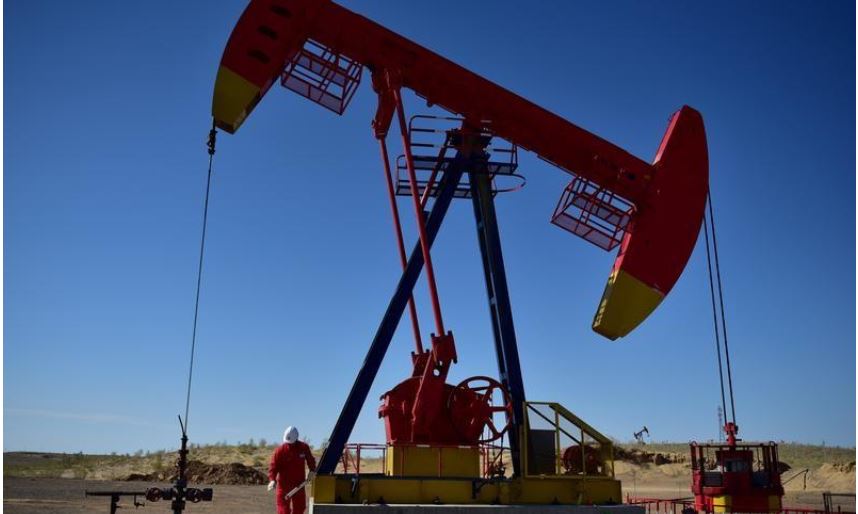Oil prices fell on Friday on concerns that global trade disputes will slow economic growth and demand for fuel, but losses were limited by U.S. sanctions against Iran which look set to tighten supply.
Benchmark Brent crude oil was down 30 cents a barrel at $71.77 by 0845 GMT. U.S. light crude was 30 cents lower at $66.51 a barrel.
Escalating trade tensions are casting a shadow over the outlook for economic growth and pushing up the dollar, the currency in which oil is traded internationally, making it more expensive for consumers using other currencies.
Major emerging economies including China, India and Turkey have all seen their currencies slump.
In the latest round of tariffs, China said it would impose additional tariffs of 25 percent on $16 billion worth of U.S. imports.
Although crude was removed from the list, replaced by refined products and liquefied petroleum gas, analysts say Chinese imports of U.S. crude will fall significantly.
China’s automobile sales fell 4.0 percent in July from a year earlier to 1.89 million vehicles, an industry association said on Friday, amid rising concern over the potential fallout from the Sino-U.S. trade spat.
Oil supply is likely to tighten with the introduction of U.S. sanctions against Iran, which from November will include oil exports.
Although the European Union, China and India all oppose sanctions, many are expected to bow to U.S. pressure.
Analysts expect Iranian crude exports to fall by between 500,000 and 1.3 million barrels per day, with buyers in Japan, South Korea and India already dialing back orders.
The reduction will depend on whether buyers of Iranian oil receive waivers that would allow some imports.
The International Energy Agency said on Friday the oil market could see more turbulence later this year.
“The recent cooling down of the market, with short-term supply tensions easing, currently lower prices, and lower demand growth might not last,” the IEA said in a monthly report.
“As oil sanctions against Iran take effect, perhaps in combination with production problems elsewhere, maintaining global supply might be very challenging.”




